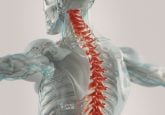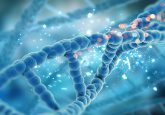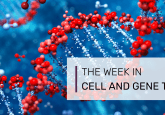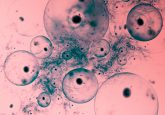Cell therapy weekly: Cord blood-based treatment is safe and reasonably effective for inherited diseases
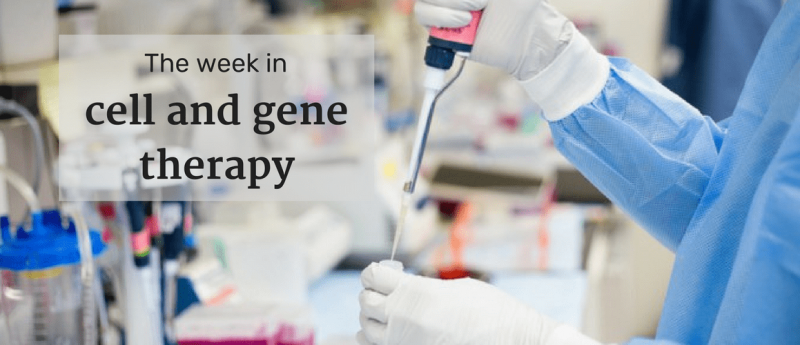
This week: Cord blood-based treatment is safe and reasonably effective for inherited diseases, nutrient-based cell ‘switch’ could reduce or stop adverse effects and Fate Therapeutics to license Baylor College of Medicine technology enabling rejection resistance.
The news highlights:
- Cord blood-based treatment is safe and reasonably effective for inherited diseases
- Nutrient-based cell ‘switch’ could reduce or stop adverse effects
- Fate Therapeutics to license Baylor College of Medicine technology enabling rejection resistance
Cord blood-based treatment is safe and reasonably effective for inherited diseases
A clinical trial, based at the University of Pittsburgh Medical Center (UPMC) Children’s Hospital of Pittsburgh (PA, USA), has found that an infusion of umbilical cord blood (UCB) was well-tolerated and effectively treated a range of inherited diseases such as sickle cell disease, metachromatic leukodystrophy (MLD) and an array of immune deficiencies. All 44 patients successfully engrafted and, 1 year post-transplantation, all 30 children who had metabolic disorders achieved normal enzyme levels as well as no further neurological decline.
“There has been a lot of emphasis placed on cool new technologies that might address these diseases, but — even if they prove effective — those aren’t available to most centers,” said study senior author Paul Szabolcs, UPMC Children’s Hospital. “The regimen we developed is more robust, readily applicable and will remain significantly less expensive.”
Nutrient-based cell ‘switch’ could reduce or stop adverse effects
Auxolytic (MA, USA) has published research demonstrating the efficacy of their nutrient-based cell ‘switch’ in a murine model. In the study, pluripotent cells and T-cells were engineered to disrupt the gene pathway that produces the nutrient uridine. By controlling the administration of uridine following transplantation of the engineered cells, the activity of the cells was able to be turned on or off.
“Cell therapies have been a breakthrough for the treatment of many diseases, but each type of cell therapy is associated with potential for very serious adverse events, which limits the number of patients who can benefit, often only being used in very ill or heavily pretreated patient groups,” said James Patterson, Founder of Auxolytic. “Given these challenges, we believe our approach to developing control switches could represent a completely novel way to improve the safety of cell therapy, without sacrificing the integrity of the original cells. We look forward to working with companies advancing groundbreaking cell therapies to improve their products and expand the number of patients who can benefit from them.”
Fate Therapeutics to license Baylor College of Medicine technology enabling rejection resistance
Fate Therapeutics, Inc. (CA, USA) has announced their agreement with Baylor College of Medicine (TX, USA) to apply Baylor’s rejection-resistant technology to their induced pluripotent stem cell (iPSC) platform. In preclinical studies published in Nature Biotechnology, transplanted cells were able to evade T- and NK-cell-mediated rejection when engineered with a novel alloimmune defense receptor.
“There is tremendous promise for the use of off-the-shelf allogeneic cells as replacement therapy. One of the most significant barriers to overcome is host immunity, which can prevent the engraftment of allogeneic cells and the long-term replacement of a patient’s damaged or dysfunctional cells,” said Maksim Mamonkin, Assistant Professor, Center for Cell and Gene Therapy, Baylor College of Medicine. “We are excited for Fate Therapeutics to explore the use of alloimmune defense receptors in the development of rejection-resistant, iPSC-derived cellular therapies.”


